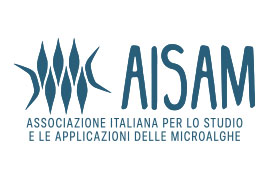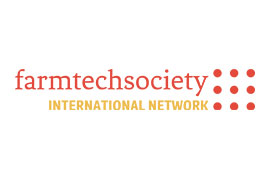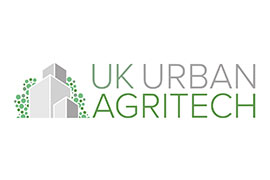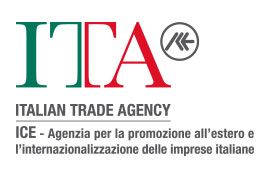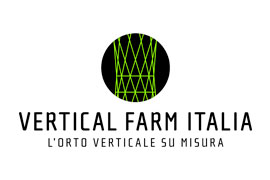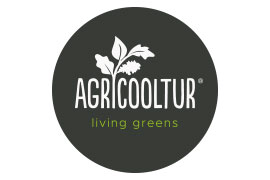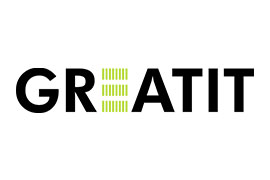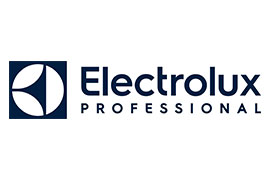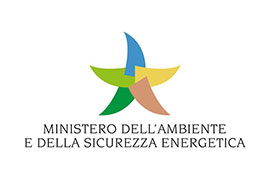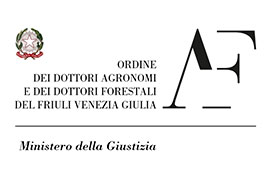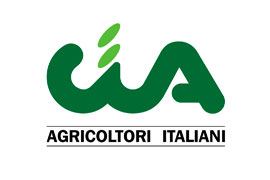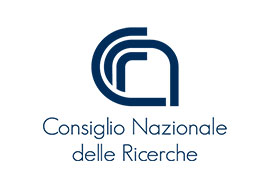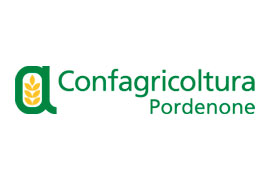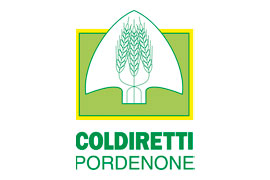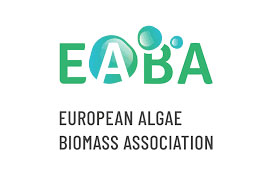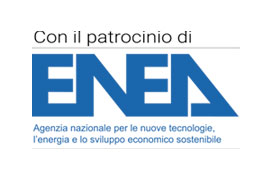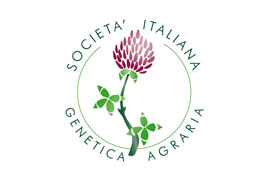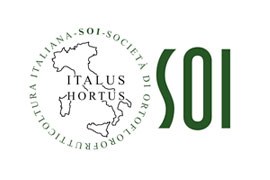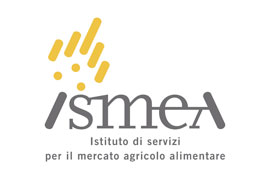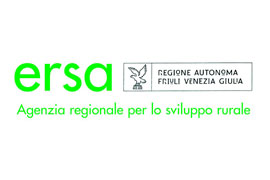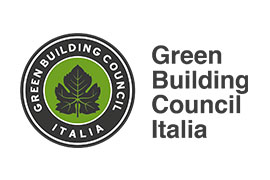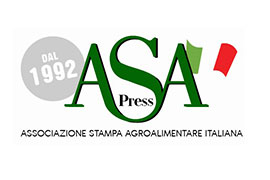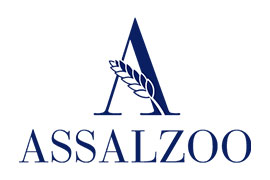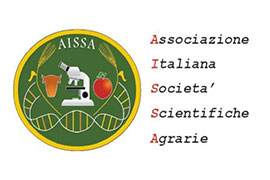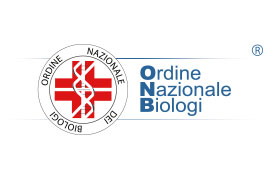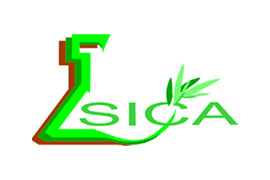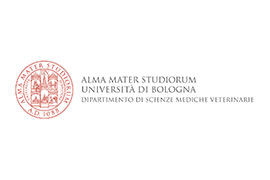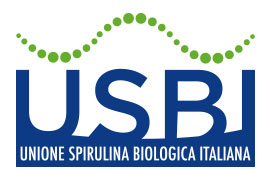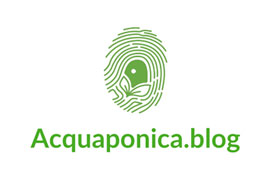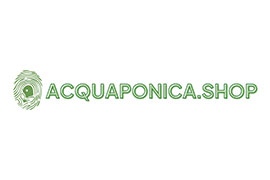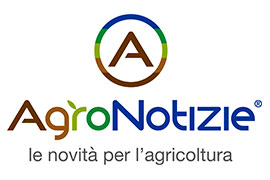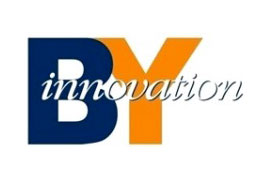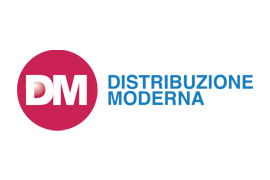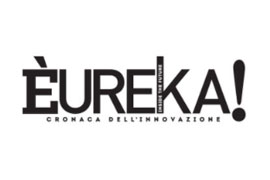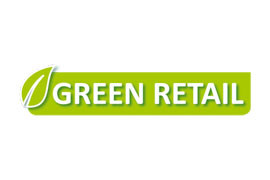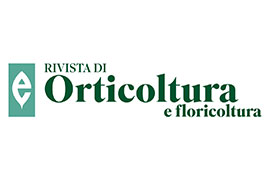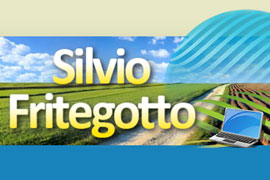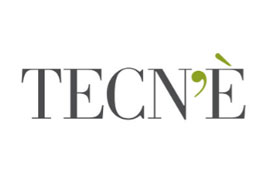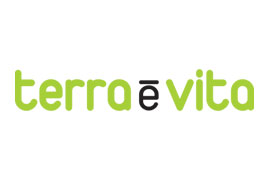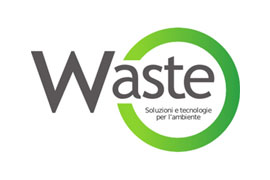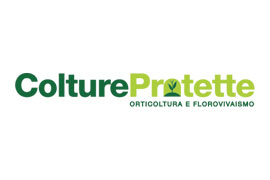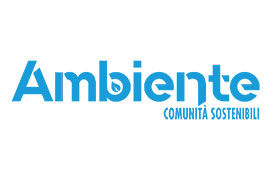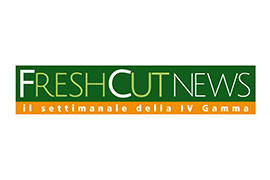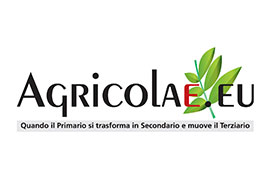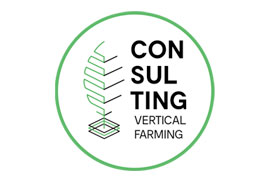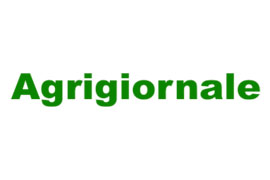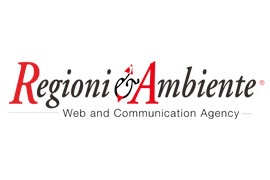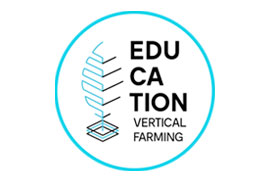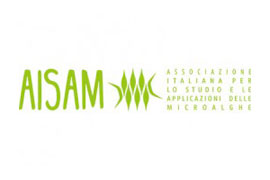Title: Dottore in Tutela e Riassetto del Territorio
Association/Company: ATEA Group s.r.l. Società Benefit
Biography:
Andrea Zorzi, laureato in Tutela e Riassetto del Territorio presso l’Università degli Studi di Padova, esperienza internazionale in progetti di riforestazione di foreste primarie, progettazione e realizzazione di impianti di fitodepurazione per il trattamento delle acque reflue e costruzione di impianti di acquaponica. Attualmente gestisce uno dei due impianti produttivi di acquaponica presenti in Veneto presente all’interno della propria azienda agricola, come socio di ATEA si impegna nella gestione della costruzione di impianti di acquaponica e in progetti di restaurazioni forestali ed ambientali.
Speech session
The Smart Aquaponic Greenhouse: toward water, thermal, electrical indipendence and economic sustainability analysis
Speech
The Smart Aquaponic Greenhouse: toward water, thermal, electrical indipendence and economic sustainability analysis
Abstract
In a context of high demand for food production and the need to provide both environmentally and economically sustainable solutions, aquaponics can be an interesting solution. The following paper, presents the experiences gained by ATEA Group in creating aquaponics systems, as independent as possible in terms of water, heat, electricity and with particular attention to the economic sustainability of investment and production costs. In detail, the case study of Moretto Farm, the first productive aquaponics company in the Veneto region, will be presented. The system’s water independence is guaranteed thanks to a biolago system: rainwater is collected from the roofs of the farm’s structures and stored in an appropriately sized basin. An energy-efficient filtration system combined with a phytodepuration system ensures phytodepuration of the water, which is fed back into the system via a recirculation system. The aquaponics system is combined with a thermocompost: vegetable waste produced by the farm is accumulated in asuitablestructure and through an aerobic composting process produces heat. A thermohydraulic circuit transfers the heat produced by composting to the fish tanks, improving temperature conditions. The compost produced in the output is also used on the farm as a substrate for wicking beds and for nutrient supplementation in the plant through the “compost tea” technique. The combined aquaponics-biolago-thermocompost system is designed in order to minimize electricity consumption. Electrical independence can be provided by a photovoltaic system. Optimal utilization of input resources makes it possible to increase the economic and environmental sustainability of the company, reducing costs and maximizing the entire production process.


